Code of Conduct
Our Code of Conduct has been developed to support responsive recreation along our riverbanks and make your fishing experience even better.
Our Code of Conduct has been developed to support responsive recreation along our riverbanks and make your fishing experience even better.
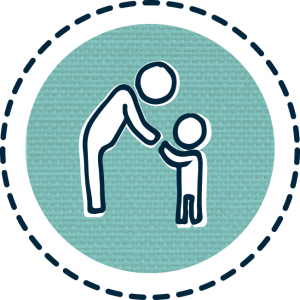
In Victoria, there is approximately 30,000 kilometres of Crown water frontage for recreational users to enjoy. Crown water frontages are a public asset and recreational use by the public is permitted. Some Crown water frontages are licensed for riparian management purposes or to allow adjacent landholders to graze livestock on the frontage. Other Crown water frontage is unlicensed.
An unlicensed Crown river frontage is Crown land which has a frontage to a waterway and is not licensed under the Land Act 1958. It may, however, be licensed under the Forests Act 1958.
Before you set up camp, it’s important to be aware of the regulations surrounding the land you’re planning to camp on. There are different regulations for camping on licensed and unlicensed Crown water frontage. You can find out if you’re on a licensed Crown water frontage by using the MapShare website.
The Department of Environment, Land, Water and Planning have supplied a summary of the rules for camping on designated Crown water frontage campsites which can be viewed in the table here.
For more regulations tips and resources, visit our know the regulations webpage here.

When accessing Victoria’s public land, it’s important to be respectful of others including landowners and Traditional Owners.
To do this, you can:
The Aboriginal cultural heritage fact sheets provide information about the types of Aboriginal cultural heritage found in Victoria. View fact sheets here.
For more tips and resources, visit our respect webpage here.

You’ll inevitably need to know what to do when ‘nature calls’ while camping in the great outdoors. The following tips will help you to manage human waste:
Read more here about waste disposal on licensed Crown water frontage from DELWP.
For more tips and resources, visit our when nature calls webpage here.
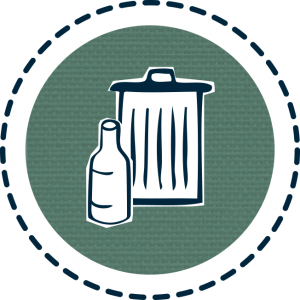
The concept of ‘leave no trace’ is well-known to those who love our great outdoors and aims to minimise the impact people have on our natural bushland. A responsible camper will always leave their campsite in a better state than when they arrived. This may include cleaning up rubbish that was left behind by others.
Whether it’s food packaging or broken camp furniture, the message has never changed: you must always take your rubbish home with you.
For more tips on waste disposal, head to our page here.
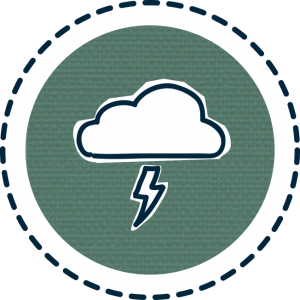
Whether you’re heading out for a day on the water or staying overnight, it’s important to take precautions to keep yourself and others safe.
For more safety tips and resources, visit our looking after yourself and others webpage here.
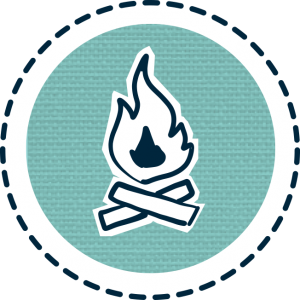
Some of the best memories are created while sitting around a campfire with friends and family, but fires in the Australian bush must be carefully maintained and responsibly managed.
In an emergency or if you see an illegal campfire, call 000. Every camper has a duty under the law to reasonably prevent the spread of any campfire and to contact the police immediately if the fire is spreading.
For more tips, visit our campfire safety webpage here.
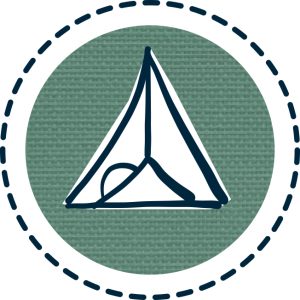
Camping is one of the best ways to experience the Australian bush and finding the right campsite can greatly improve your experience.
Here are some tips to help you find the perfect campsite whilst doing the right thing by our great outdoors:
There are different regulations for camping on licensed and unlicensed Crown water frontage. You can find out if you’re on a licensed Crown water frontage by using the MapShare website.
For more tips and resources, visit our setting up camp webpage here.
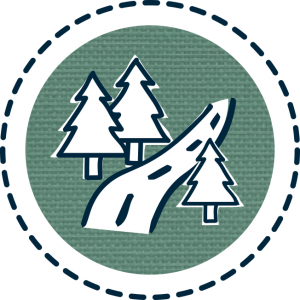
There’s nothing better than finding the perfect spot to set up camp but it’s important to make sure you access the spot in a responsible way and the following tips may help:
For more getting in and out tips and resources, visit our getting in and out webpage here.